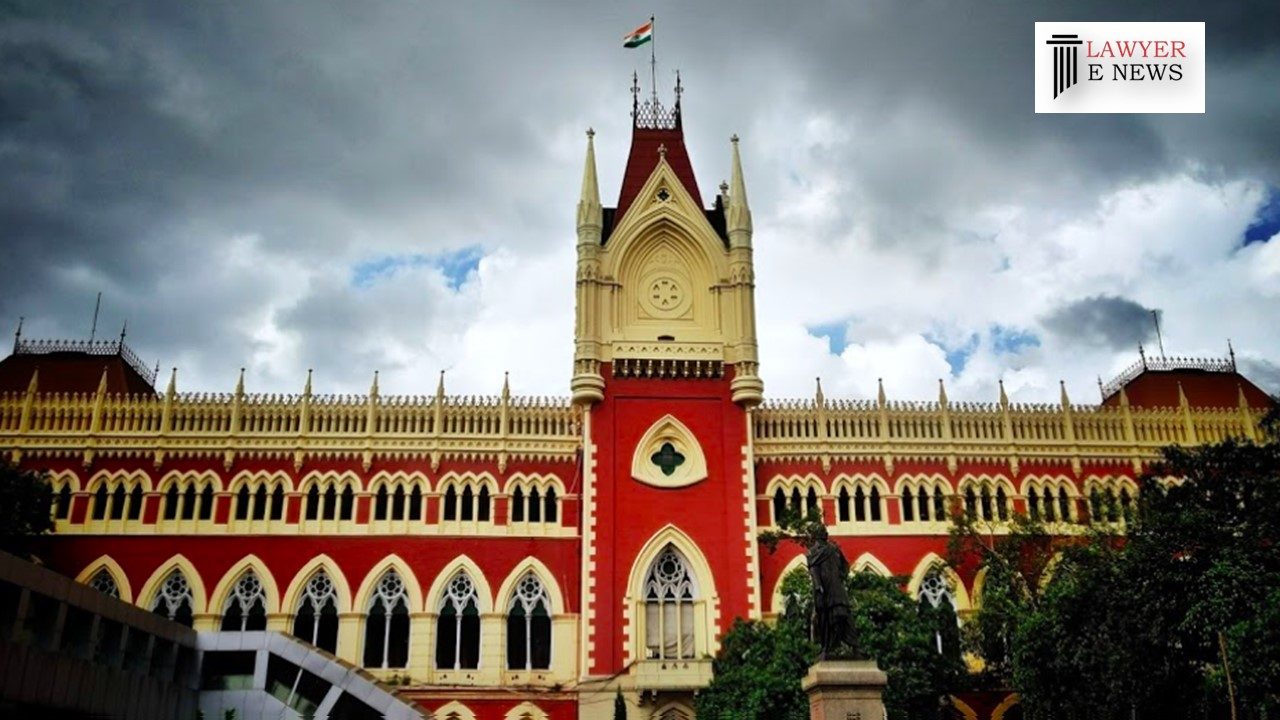-
by Admin
15 February 2026 5:01 PM



In a landmark judgment passed by the Calcutta High Court on March 14, the Division Bench, comprising Justices Debangsu Basak and Md. Shabbar Rashidi, dismissed appeals in the gang rape and aggravated penetrative sexual assault case of a minor, affirming the conviction of the accused under Section 376D of the Indian Penal Code and Section 6 of the Protection of Children from Sexual Offences Act.
The court observed, "The prosecution had conclusively established that the appellants participated in the aggravated penetrative sexual assault on the victim." This ruling comes after the appellants appealed against their conviction and sentence, challenging the reliability of witnesses, the evidence presented, and the victim's age.
Central to the conviction was the DNA profiling evidence. The court noted, "The DNA test report had been marked as exhibit without any objection at the trial. Exhibit 29 had established that one of the appellants was the father of the child in the womb of the victim." This crucial piece of evidence corroborated the involvement of the accused in the heinous crime.
The court also scrutinized the testimony of the approver (PW 23), which was corroborated by forensic and other independent evidence. The judgment stated, "The testimony of the approver with regard to the participants and the nature of the crime had been corroborated by forensic and other evidence brought by the prosecution, on record, at the trial."
Additionally, the court dismissed arguments pertaining to the victim's age and alleged consent. The age of the victim was established as a minor through an ossification test, which was corroborated by the testimony of her parents. The court affirmed, "In absence of any other documentary proof of the age of the victim, the age specified by the parents of the victim which stands corroborated by the ossification test report, was rightly accepted by the learned trial judge."
The appellants' sentences, which include rigorous imprisonment for 20 years and a fine, have been upheld, with the period of detention already served to be adjusted against the sentence. This judgment highlights the judiciary's commitment to upholding justice in cases of sexual violence against minors.
Date of Decision: 14-03-2024
SANJIB TALUKDAR @ CHATTU AND OTHERS Vs. THE STATE OF WEST BENGAL
